Five students receive SUNY graduate fellowships

Five Cornell students have been awarded fellowships from the State University of New York to continue their education at SUNY schools. All of the recipients are enrolled in Cornell programs for their graduate studies.
The SUNY Chancellor’s Graduate Fellowship is a one-time, one-year grant that incentivizes outstanding students at four-year institutions in the state university system to enroll in SUNY graduate programs. The scholarship provides $5,000 in flexible funding to help students pursue an advanced degree starting in fall 2020, helping to defray room, board, books, technology, child care or other nontuition costs.
The fellowships were awarded to 55 of SUNY’s top bachelor’s degree students this year.
“It’s great news and also a wonderful way that SUNY is supporting our students, even during this difficult financial time,” said Katherine McComas, Cornell vice provost for engagement and land-grant affairs.
Two recipients from the College of Agriculture and Life Sciences, Joseph Hashmall ’20 and Yang Zhao ’20, will remain at Cornell as master’s in professional studies (M.P.S.) candidates.
Hashmall was an applied economics and management major and biology minor as an undergraduate and will pursue a degree in biological and environmental engineering, to expand his technical knowledge and apply it on Wall Street.
Zhao, an environment and sustainability major as an undergraduate, will study for a master’s in applied economics and management to hone her business skills.
Both are entering the one-year M.P.S. degree program to broaden and deepen their science and business knowledge for their respective career pursuits.
Two rising seniors in the College of Human Ecology, Emma Antoine ’21 and Isabella Harnick ’21, are enrolled in the Sloan Program in Health Administration, an accelerated five-year B.S./M.H.A. degree program.
Antoine began her Cornell studies in human development and became interested in the role of administrators in enacting lasting health care advancements for populations. That insight led her to minors in business and health policy and the Sloan program, as she gained “a new perspective on the complexity of management partnerships across health care sectors.” She will work on health care problem solving as a summer intern at the Medidata Innovation Lab.
Harnick majors in policy analysis and management and minors in business, demography and social inequality. Focusing her studies on the interaction of economics, government and statistics, Harnick has used data-driven research to evaluate the efficacy and efficiency of various policies and programs.
“There is no bigger issue that needs to be confronted than our current health care system,” Harnick said. “COVID-19 … presents an opportunity for leaders to transform health care now that its failures and inequities are receiving national and international attention.”
ILR graduate Ryan McCurry ’20 focused his undergraduate studies on labor and employment law and patent law. His senior honors thesis narrowed those areas to the university setting, and explored how the trend toward patenting and licensing since the 1980s has fueled the changing nature of academia.
McCurry’s graduate studies will expand on his research of faculty ownership rights of work done at universities, and consider intellectual property rights in a distance-learning environment.
“This presents a prime opportunity,” he said, “to study how ownership of teaching materials evolves as a result of the university response to the COVID-19 pandemic.”

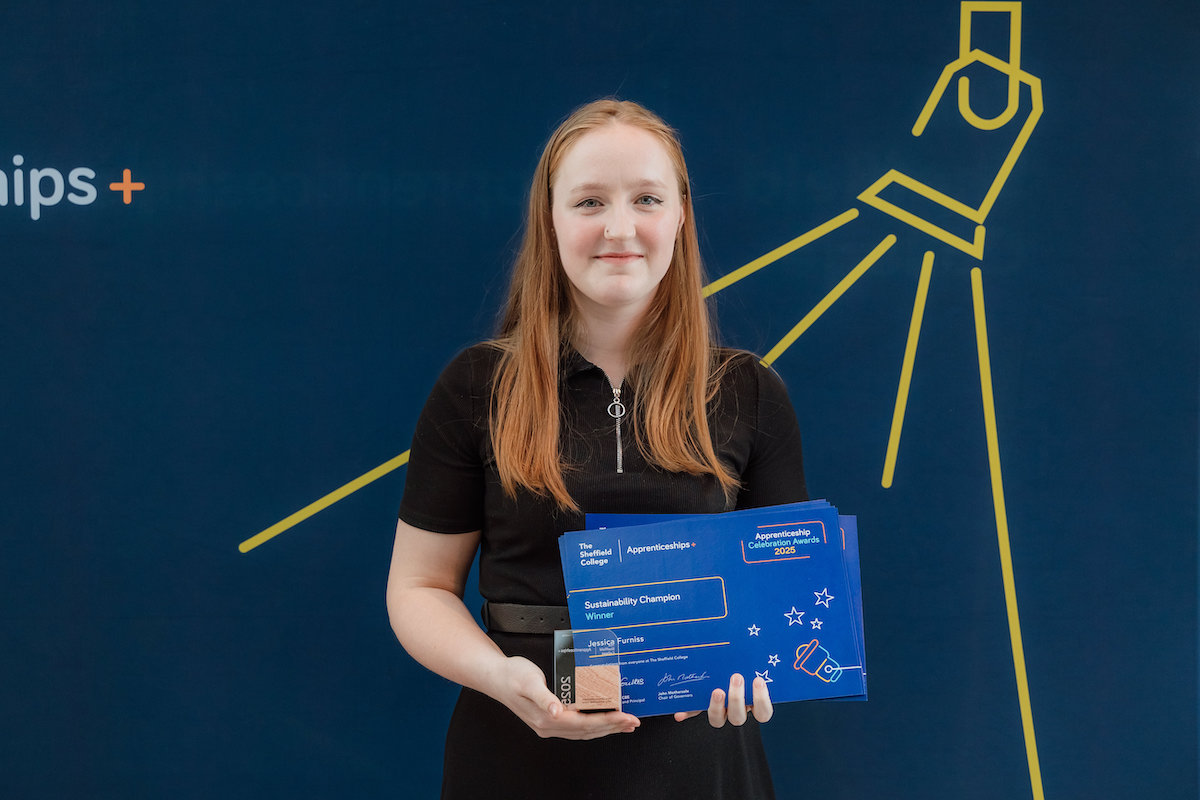
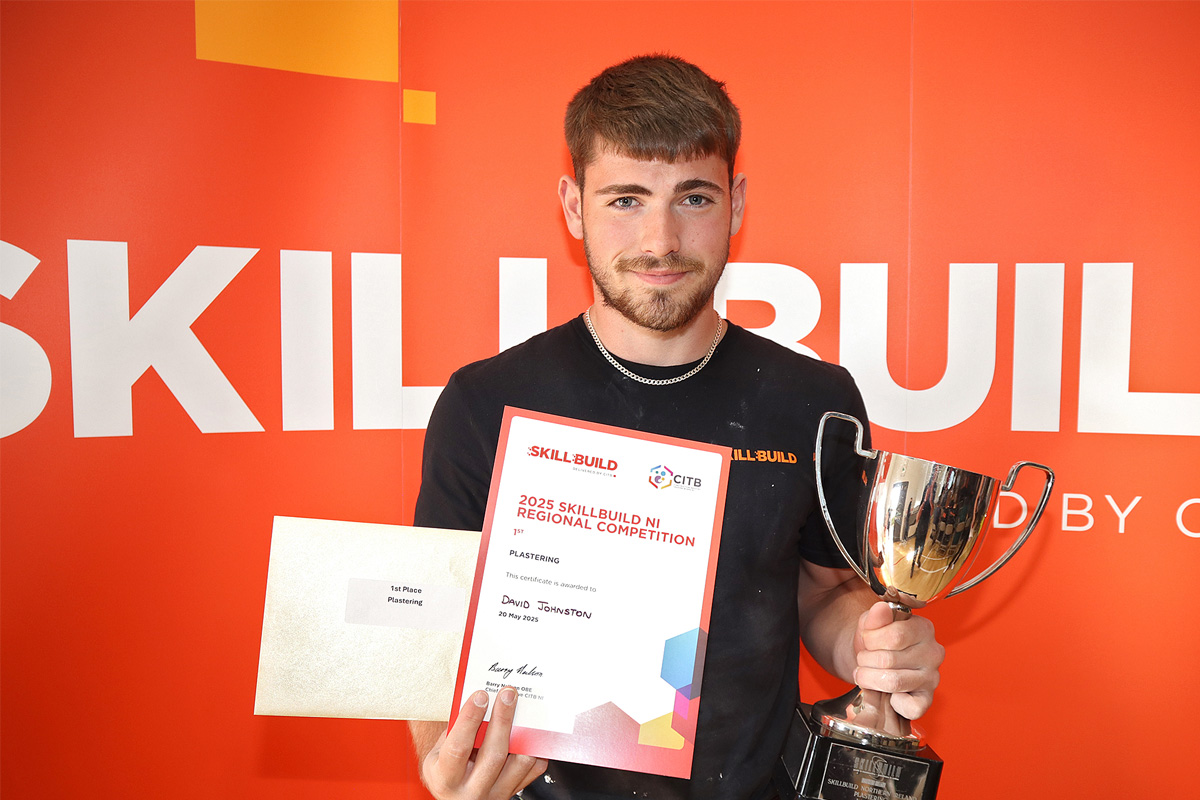
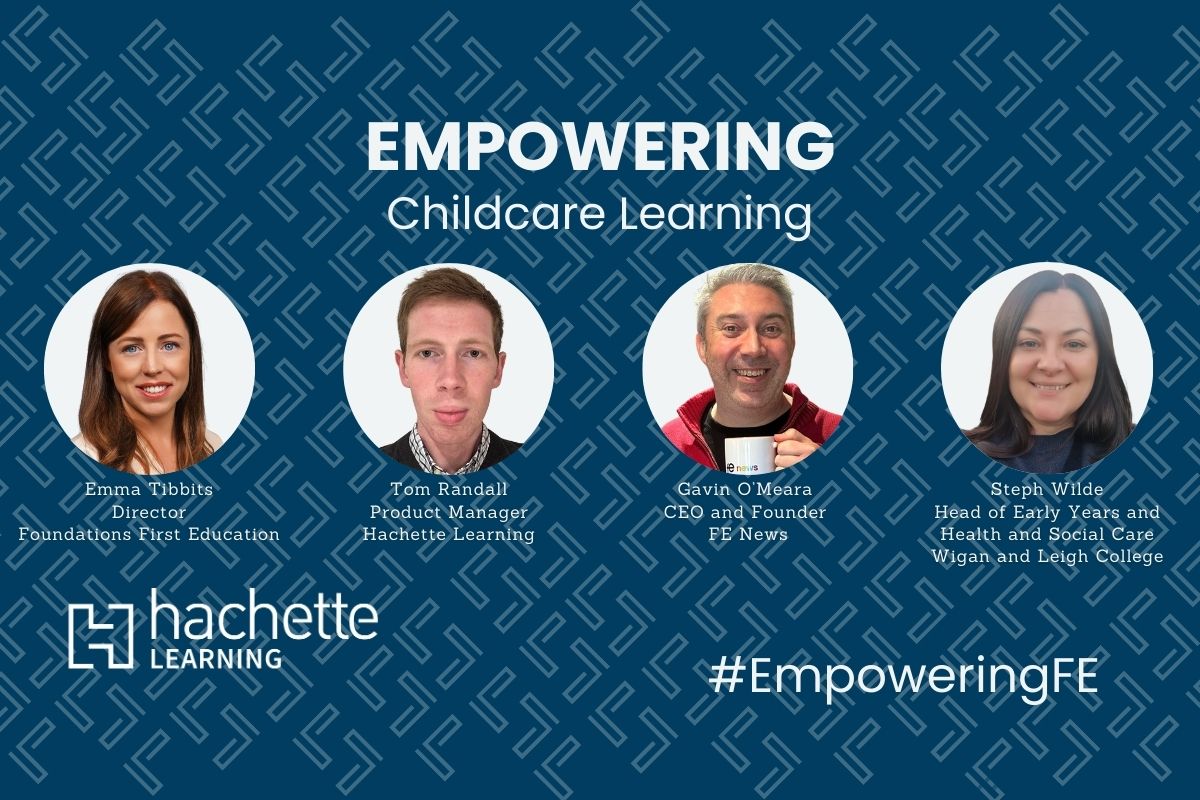
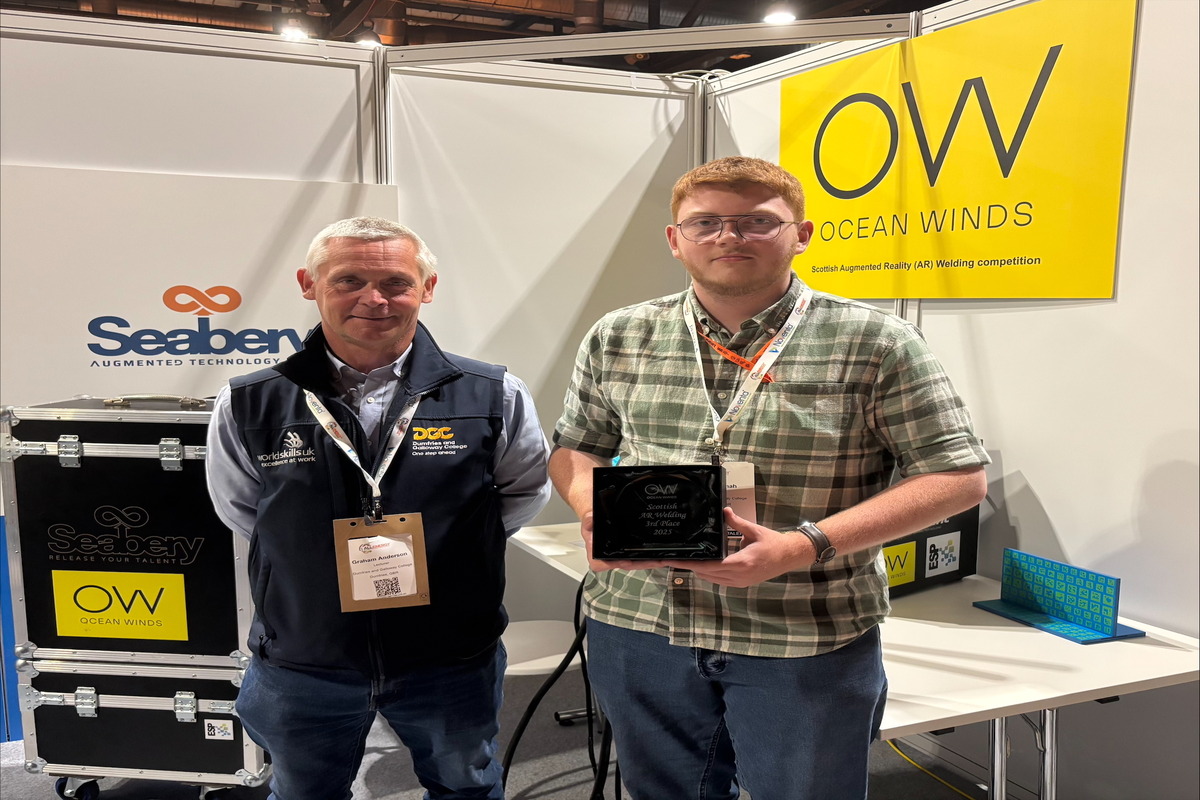


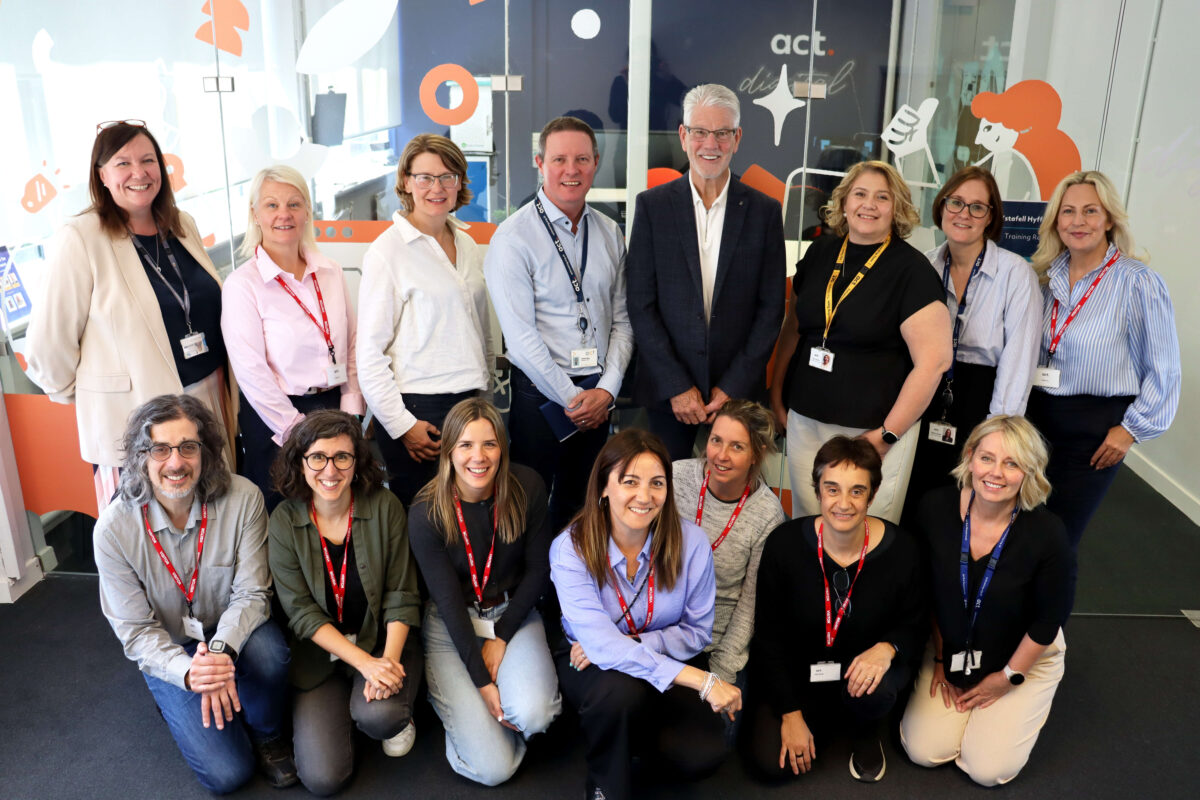

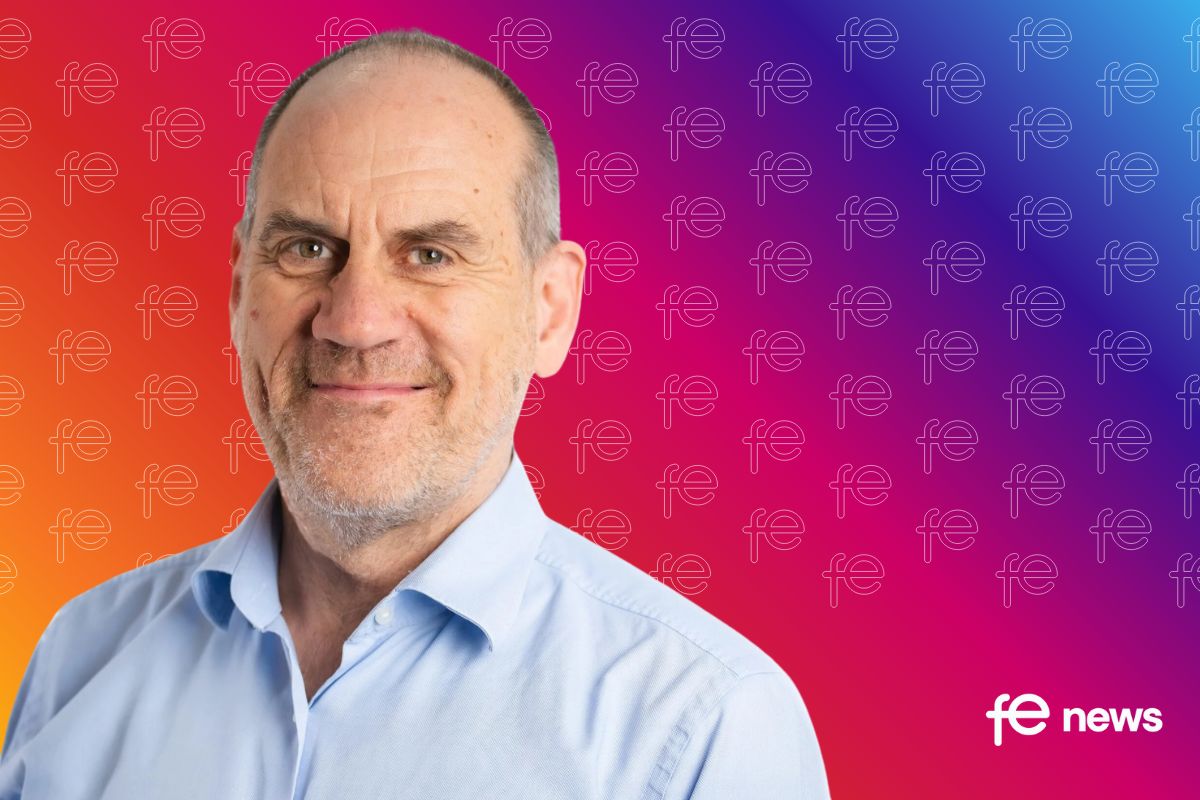
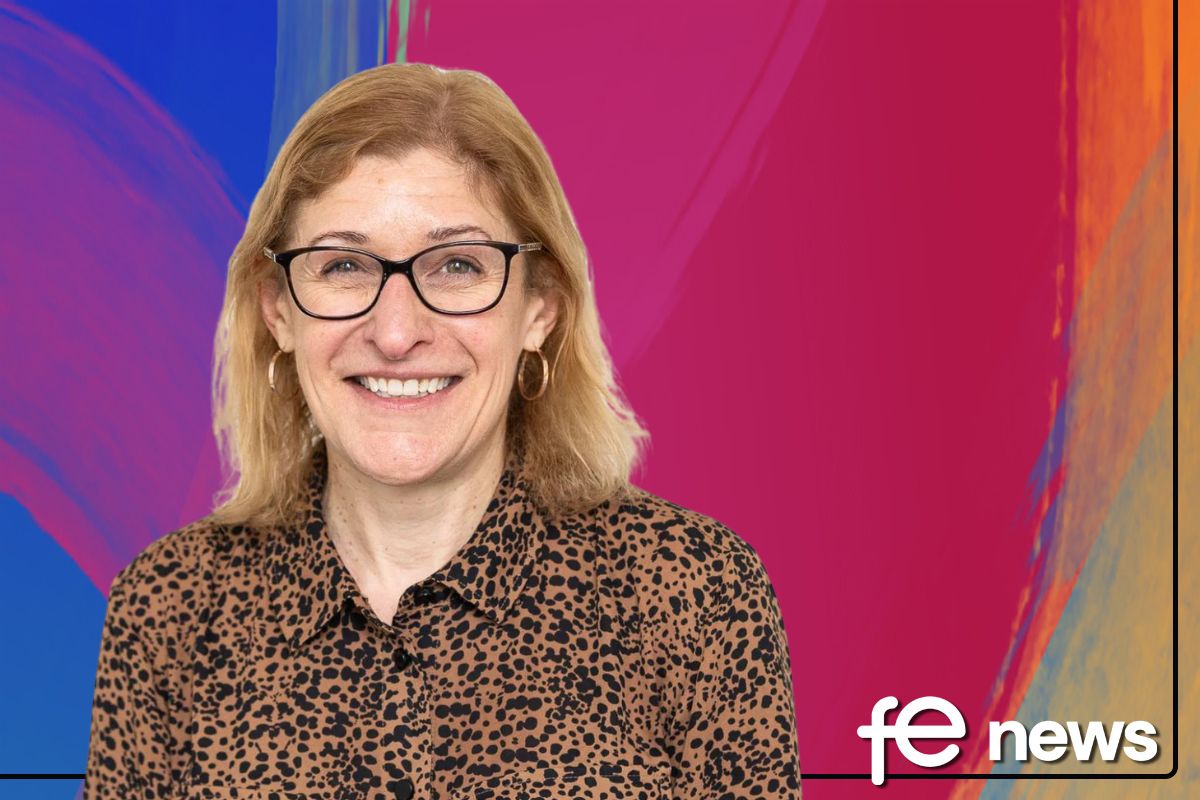
Responses